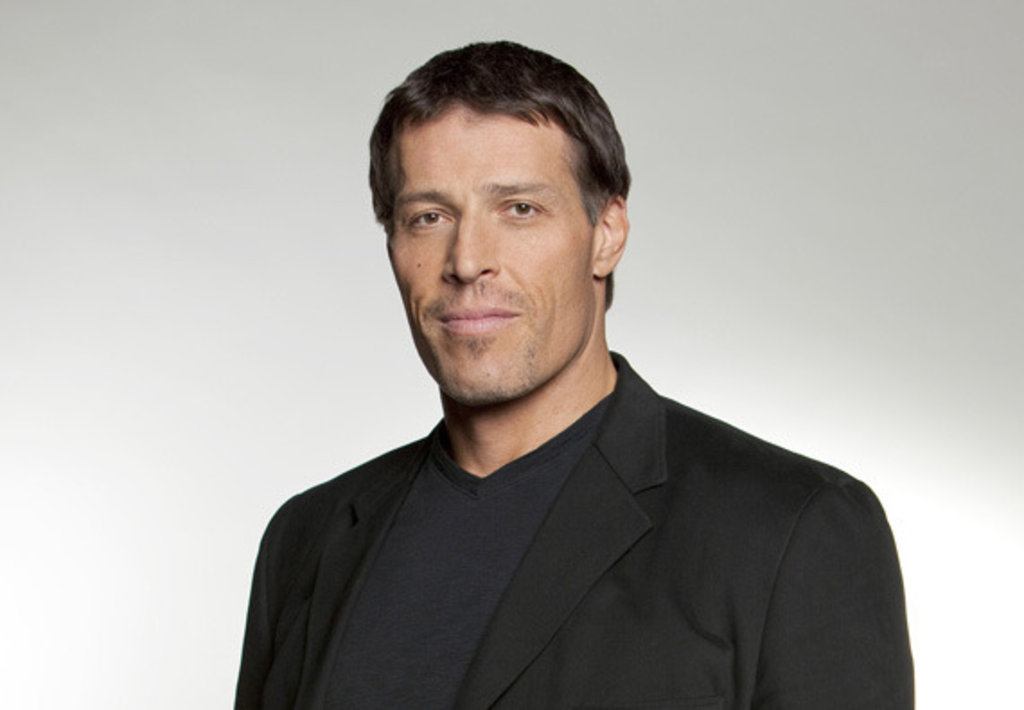Have you ever noticed that no matter how much you earn, you find a way to spend it? Well, you’re not alone. Many people seem to have a way of living up to their means or even beyond it.
How many times have you seen a person who won the lottery lose it all and become broke five or six years later? How about the great athletes of recent history? Take Curt Schilling for example, who made in excess of $100 million over his 20 seasons with Major League Baseball. The same is true of directors, actors and entertainers: Willie Nelson, Billy Joel and Francis Ford Coppola all went broke.
This happens with the stars who take the biggest falls like the rich-beyond-their-dreams prize fighters who hit the canvas with a thud. Look at the up-and-down-and-out career of former heavyweight champ Mike Tyson, who made more money in his time than any other boxer in history, nearly half a billion, only to become bankrupt.
But five-division world champion Floyd “Money” Mayweather Jr. is about to beat Iron Mike’s earning record. Like Tyson, Mayweather fought his way up from hardscrabble beginnings. In September 2013 he scored a guaranteed purse of $41.5 million for a bout against Saul “Canelo” Alvarez. His take became more than $80 million based on pay-per-view totals.
Before this giant payday, he already had topped the Sports Illustrated Fortunate 50 list, ranking among the richest athletes in the United States. I love Mayweather as an extraordinarily gifted athlete, with a work ethic like few people alive have. He’s also incredibly generous with his friends.
But Mayweather had fought his way to the top of this list before, only to lose his fortune to wild spending sprees and bad investments. He is reported to spend so recklessly, he’s known to carry around a backpack filled with $1 million in cash, just in case he needs to make an emergency donation to Louis Vuitton.
Like so many achievers, the champ is smart as a whip and my hope is that he is following better investment practices today. But according to 50 Cent, Mayweather’s former business partner, the champ has no income outside of fighting. The rapper summed up the boxer’s financial strategy: “It’s fight, get the money, spend the money, fight. Fight, get the money, spend the money, fight.”
Sound like a ridiculous strategy? Unfortunately, many people can relate: Work, get the money, spend the money, work is the American way.
If these individuals could not build on their talents and blessings and earn their way to financial freedom, how can you expect to earn your way?
You can’t.
But what you can do is make a simple change in strategy and embrace a whole new mindset. It will change your life. You have to move from just working for money to a world where money works for you.
It’s time to step from the sidelines and get into the game because ultimately everyone must become an investor to be financially free.
You’re already a financial trader. If you work for a living, you’re trading your time for money. Frankly, it’s just about the worst trade you’ll ever make in life: You can always get more money, but you can’t get more time.
I’m betting that the primary “money machine” in your life is you. You might have some investments but may not have set them up with income in mind. If you stop working, the machine stops. The cash flow stops. Your income stops. Basically your financial world comes to a grinding halt. It’s a zero-sum game, meaning you get back just what you’ve put into it.
You’re also an ATM of another kind. The acronym suggests that lousy “time-for-money” trade. You’ve become an anti-time machine.
It might sound like the stuff of science fiction, but for many people, it’s a reality. You’ve set things up so that you give away what you value most, time, in exchange for what you need most, income.
If you stop working, you stop making money. So let’s take you out of the equation and look for an alternative approach. Let’s build a money machine to take your place and set it up so that it makes money while you sleep.
Think of it like a second business, with no employees, no payroll, no overhead. Its only “inventory” is the money you put into it. Its only product? A lifetime income stream that will never run dry, even if you live to be 100. Its mission? To provide a life of financial freedom for you and your family.
If you set up this metaphorical machine and maintain it properly, it will hold the power of 1,000 generators. It will run around the clock, 365 days a year, with an extra day during leap year, and on the Fourth of July, too.
Theodore Johnson worked for UPS and never made more than $14,000 a year and yet in his old age he was worth more than $70 million.
When he said he had no money to save, a friend told him that if he were taxed, the money would be taken out of his account and he’d never see it.
So he created a tax for himself to make him wealthy. Even though he made little money, he took 20 percent of his money and it went straight into an investment account. Over more than five decades, that compounded to make him $70 million.
If the government taxed your business, you’d pay it. Maybe it’s time for you to place a “tax” on your business — one that sets you up for financial freedom and that gives you an alternative, a secondary business with no employees and overhead — a true “money machine.”
But your machine can’t start working until you make the most important financial decision of your life: What portion of your paycheck do you get to keep? How much will you pay yourself off the top before you spend a single dollar on your day-to-day living expenses?
How much of your paycheck can you — or will you — leave untouched, no matter what else is going on in your life?
Think about this number because the rest of your life will be determined by your decision to keep a percentage of your income today so as to always have money for yourself in the future. The goal here is to enable you to step off the 9-to-5 conveyor belt and walk the path to financial freedom.
When I asked Burt Malkeil, who wrote the classic investment text A Random Walk Down Wall Street, what was the single most important mistake of investors, he said, “So many people fail to tap into the power of compound interest.”
While many are aware of the concept of compound interest, most Americans make the same mistake, thinking they need to earn a large sum of money to become financially secure, stable or free. In reality, a small amount of money consistently set aside will provide a greater ability to achieve financial freedom.
In the end, it doesn’t matter how much money you earn. If you don’t set aside some, you could lose it all. But once you set up your money machine, don’t just set it aside stuffed under your mattress. Accumulate it in an environment that you feel certain is safe but that still offers the opportunity for growth.
And while your machine is running, you can trade less of your time for money, freeing you to spend your days doing things you truly care about. This is the first and most important step in putting yourself on the road to financial freedom. Take that step today.
This piece was adapted from Tony Robbins’ new book, Money Master the Game: 7 Simple Steps to Financial Freedom.
Source: Entrepreneur


